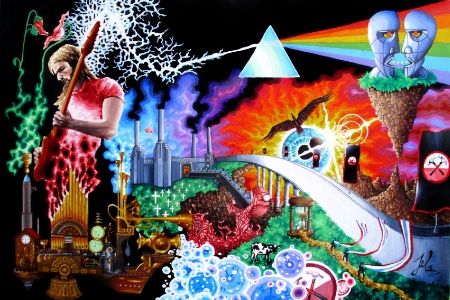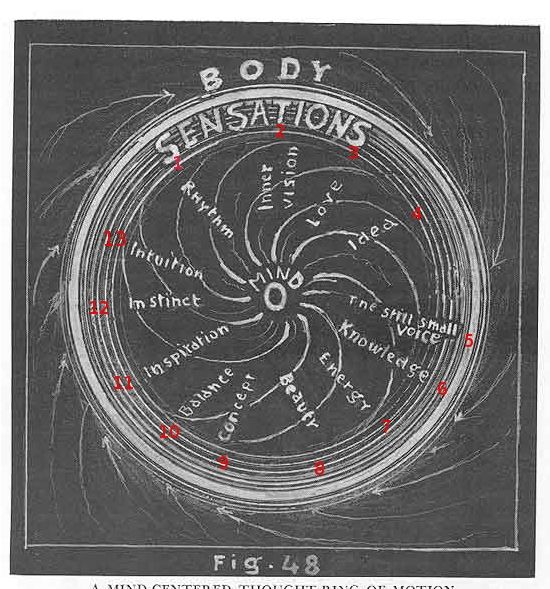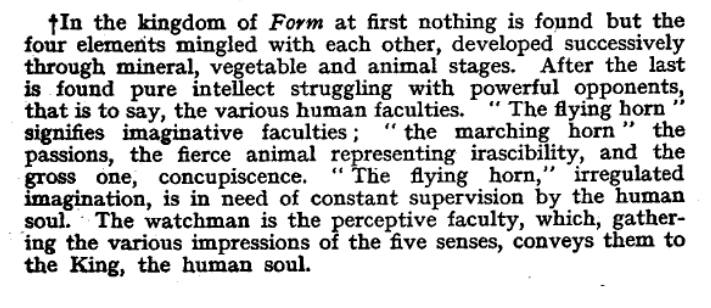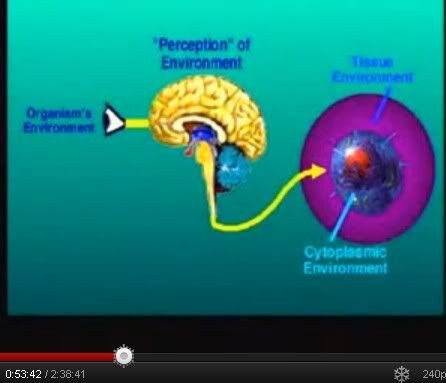a bit of .... 吉田兄弟 Yoshida Brothers x Monkey Majik - Change - YouTube 
physorg style
Human emotion: We report our feelings in 3-D
had to repost it because ..... read below  Yoshida Brothers "KODO" 吉田兄弟「鼓動」 - YouTube
Yoshida Brothers "KODO" 吉田兄弟「鼓動」 - YouTube




+
Link between emotions, physical health universal, researcher says
+
The origins of laughter
Samurai Storm - YouTube
 =
= 


physorg style

Human emotion: We report our feelings in 3-D
Like it or not and despite the surrounding debate of its merits, 3-D is the technology du jour for movie-making in Hollywood. It now turns out that even our brains use 3 dimensions to communicate emotions.
Read more at:
Read more at:
According to a new study published in Biological Psychiatry, the human report of emotion relies on three distinct systems: one system that directs attention to affective states ("I feel"), a second system that categorizes these states into words ("good", "bad", etc.); and a third system that relates the intensity of affective responses ("bad" or "awful"?). Emotions are central to the human experience. Whether we are feeling happy, sad, afraid, or angry, we are often asked to identify and report on these feelings. This happens when friends ask us how we are doing, when we talk about professional or personal relationships, when we meditate, and so on. In fact, the very commonness and ease of reporting what we are feeling can lead us to overlook just how important such reports are - and how devastating the impairment of this ability may be for individuals with clinical disorders ranging from major depression to schizophrenia to autism spectrum disorders.
Read more at:
Read more at:
 Yoshida Brothers "KODO" 吉田兄弟「鼓動」 - YouTube
Yoshida Brothers "KODO" 吉田兄弟「鼓動」 - YouTube



+
Link between emotions, physical health universal, researcher says
(Medical Xpress)�Much research has demonstrated a link between individuals' emotional and physical health. For example, depression and stress have been tied to self-reports of increased pain, fatigue and disease, whereas positive emotions have been tied to decreases in those ailments.
Read more at:
Read more at:
The origins of laughter
We know the benefits of laughter on health. But why do we laugh? What are the evolutionary origins of laughter and humour? Steven L�gar� has asked these questions and has made them the subject of his master's thesis, which he recently submitted to the Universit� de Montr�al's Department of Anthropology.
Read more at:
Read more at:
"Science provides few answers to these questions other than in psychology and neuroscience. From the perspective of anthropology, laughter and humour are often overlooked. However, it is a serious subject," says the recent graduate. According to his research, laughter and humour exist in all cultures and times. Laughter is associated with an alteration of muscle tone and changes in brain activation. Studies speak of a state of stimulation followed by a state of relaxation, according to L�gar�. In psychology, laughter is also defined as "a subjective state of well-being." But we can also laugh out of discomfort, what we call "nervous" laughter. A person can also be happy but almost never laugh. And sense of humour varies considerably from one individual to another. What then is the primary function of laughter and humour? "Communication principally," says L�gar�. "But it was not until the evolution of language that verbal humour could be involved in the process of socialization. Such humour is impossible if we have little mastery of language."
Read more at:

Read more at:

 =
= 




 (
( 











































































Comment